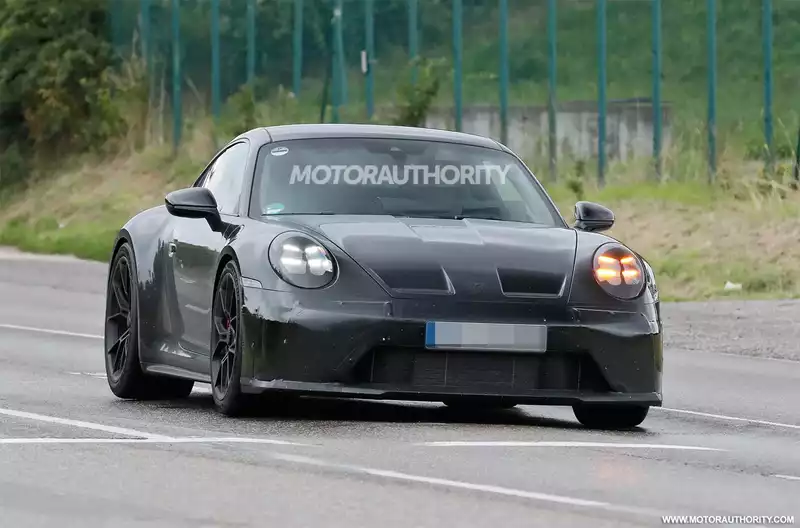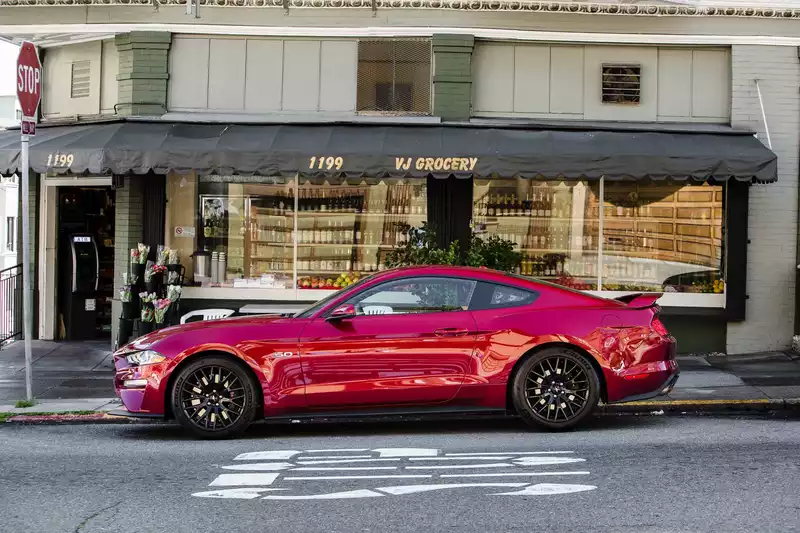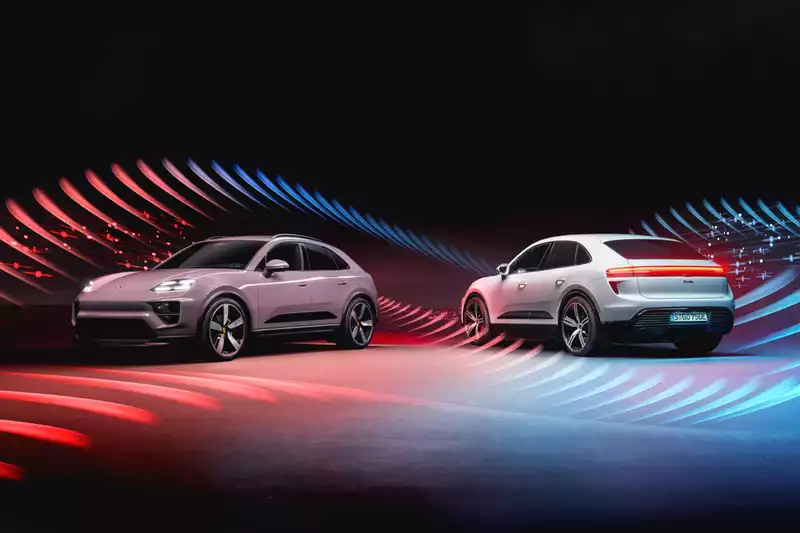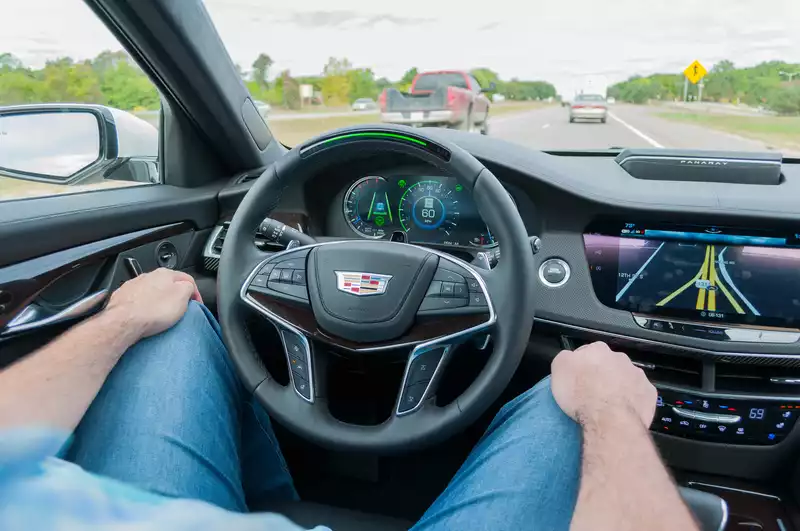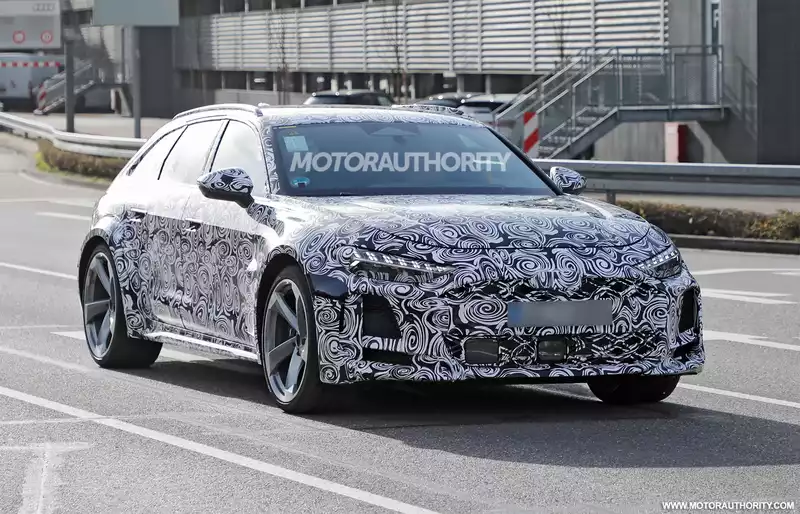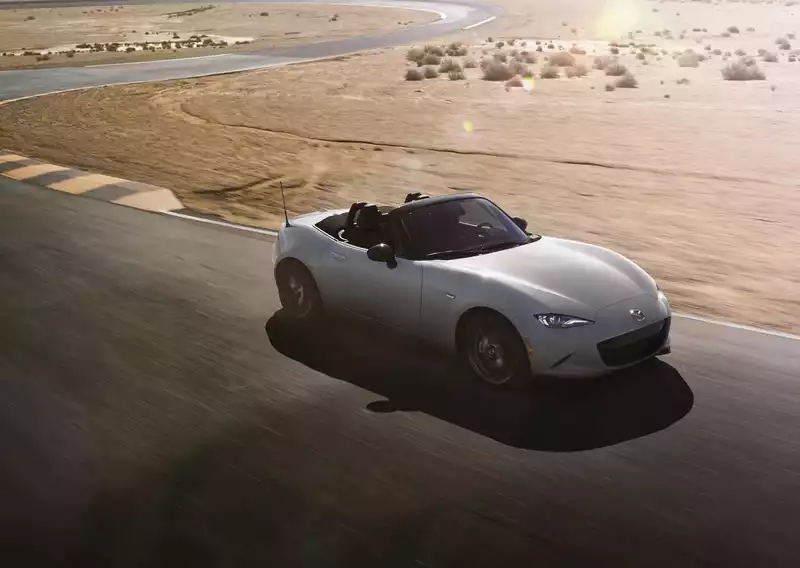Baidu has unveiled a robotic cab concept and a second-generation artificial intelligence computer chip.
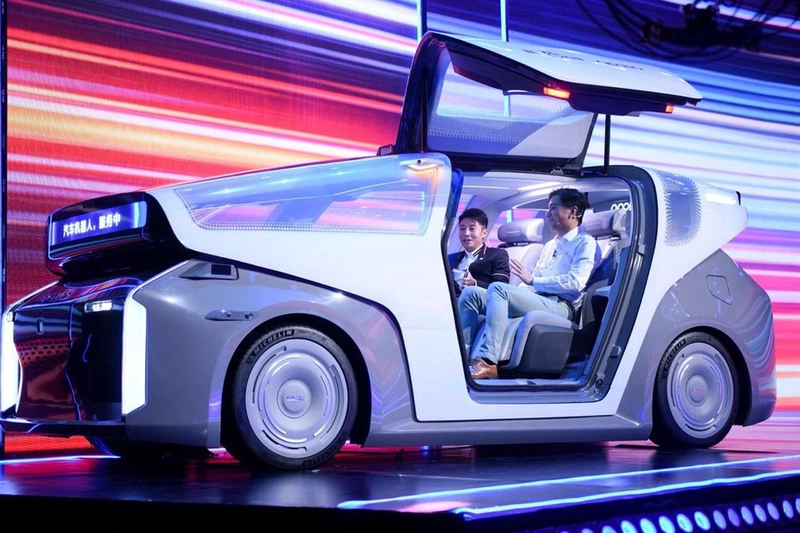
Chinese search giant Baidu held its annual technology demonstration in Beijing on Wednesday, unveiling a self-driving cab concept as well as a second-generation computer chip for artificial intelligence.
While many companies have already demonstrated various self-driving car concepts, Baidu has been launching a commercial self-driving cab service in parts of Beijing since May this year. According to the company, its Apollo-branded self-driving system has taken more than 400,000 trips and traveled 8.7 million miles.
At a presentation on Wednesday, Baidu CEO and co-founder Robin Li said the company is ready for the next phase of self-driving car adoption. In line with this, the company launched Luobo Kuaipao, an app for its self-driving cab service.
"We believe that the cars of the future will be robot cars. They will drive autonomously, act as intelligent assistants and loyal companions, and self-learn."
Baidu's cab concept has gull-wing doors and a transparent roof, and has no steering wheel or pedals at all. Instead, there is a curved display and a control panel for inputting destination data. In addition, the car can be interacted with via voice activation and facial recognition; the artificial intelligence system can make predictive suggestions based on the user's profile and current location; and the car can be used as a "virtual" cab with a driver's seat and steering wheel.
In January, Baidu announced plans to create a new company to produce electric vehicles that utilize its patented artificial intelligence, connectivity, mapping, and self-driving technologies. The new company will be a subsidiary of Baidu, with Chinese automaker Geely Automobile as a strategic investor. The new company could be a future source of cabs for Baidu.
Baidu is also looking to connect its infrastructure, including traffic management systems, highways, and parking lots, to the intelligent transportation ecosystem. The company is currently testing its connected infrastructure in Baoding, Hebei Province, China. According to the company, the optimization of traffic lights has reduced waiting time at traffic lights by about 20%.
Baidu's second major announcement at Wednesday's presentation was Kunlun 2, a second-generation computer chip powerful enough for the high-speed data processing required for self-driving cars. Like Tesla's similar D1 chip announced Thursday, the Kunlun 2 uses a 7-nanometer manufacturing process and claims to be two to three times more powerful than current chips used in self-driving cars. Baidu is already manufacturing the Kunlun 2.
